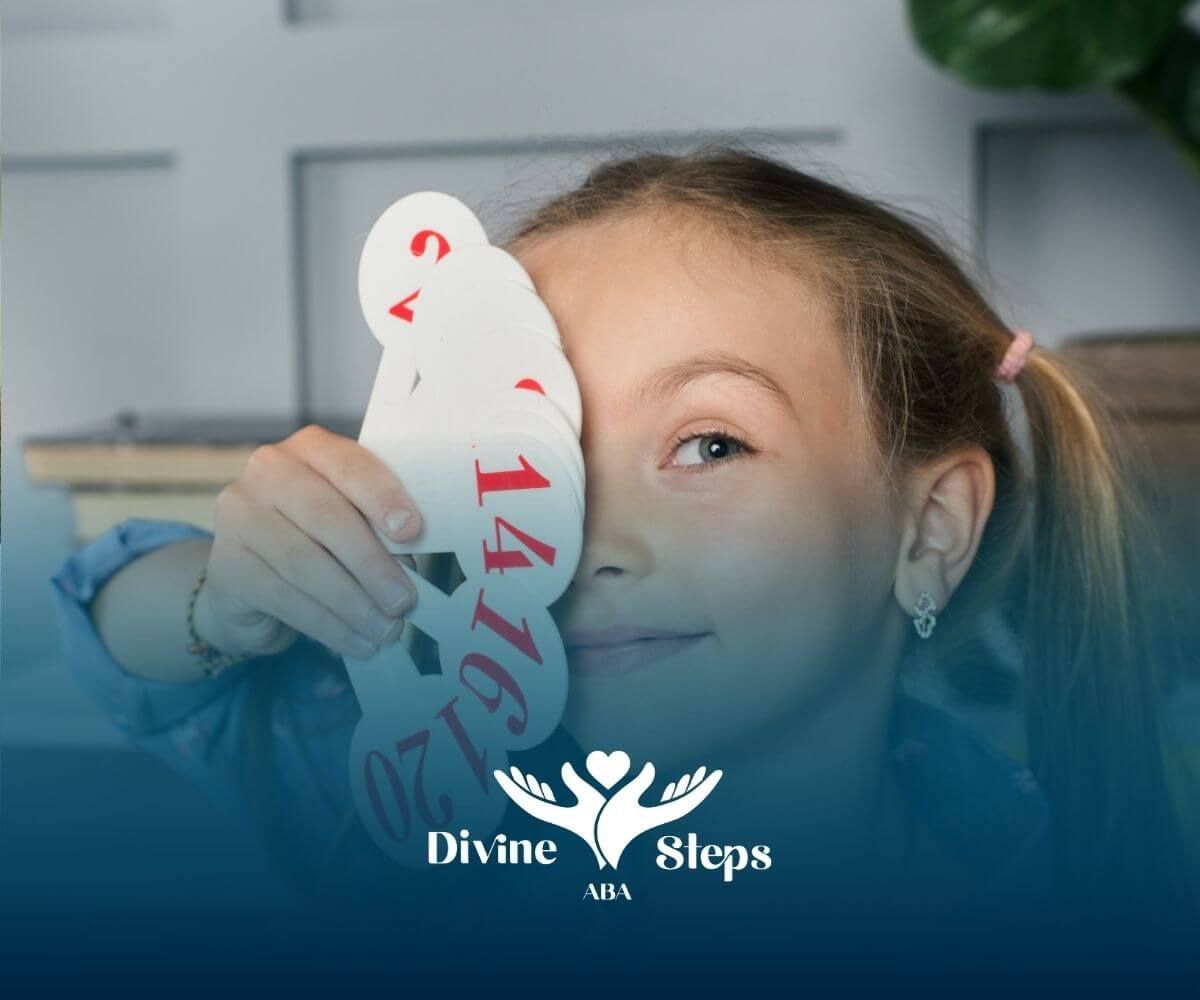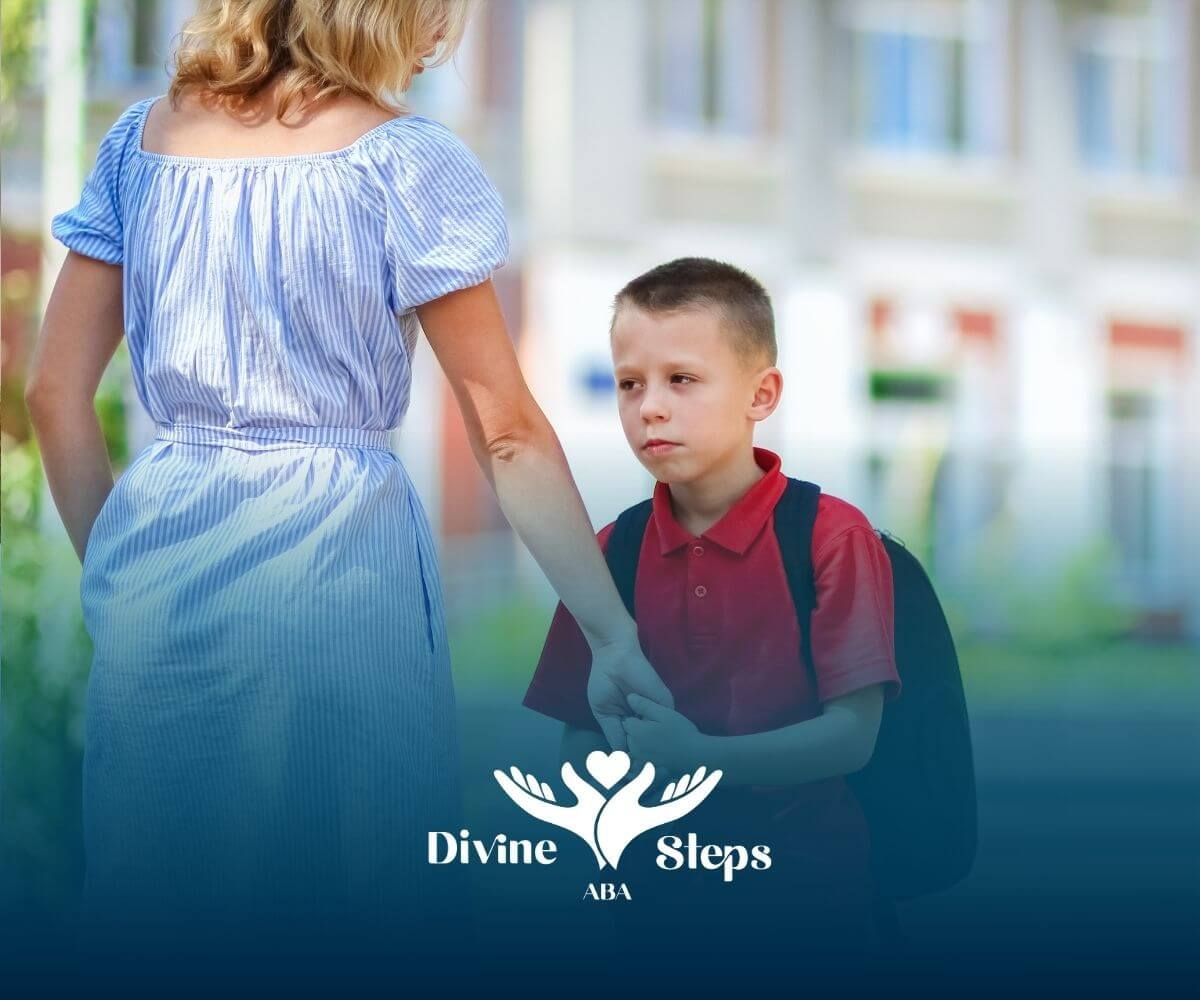Website by CWS
Why Many Adults Don’t Realize They’re on the Autism Spectrum
It’s more common than you might think for adults to go through life without realizing they’re on the autism spectrum. Many people with autism are diagnosed in childhood, but some adults don’t discover they’re on the spectrum until later in life.
Often, the signs of autism are subtle or misunderstood, making it harder to identify.
Autism doesn’t look the same for everyone. In fact, many adults with autism are never diagnosed. This is because the signs can be mild or easily overlooked.
Some people develop coping strategies that help them blend in with others. Over time, they may not even realize that their differences are a part of being on the spectrum.
Historically, there was less awareness of autism in adults. In the past, autism was mainly associated with children, especially those with more noticeable symptoms. This lack of awareness meant that many adults missed out on early diagnoses.
As a result, they went through life without knowing they were on the autism spectrum.
What Makes It Hard to Recognize Autism in Adults?
- Masking: Many adults, especially women, use a technique called "masking." This means they hide their true behaviors or emotions to fit in. Masking can make it hard for individuals to recognize their own autistic traits.
- Mild Symptoms: Some adults with autism experience only mild symptoms. They might struggle with social interactions or sensory sensitivities, but their challenges aren’t as severe as those typically seen in children with autism. This makes it harder to spot the signs in adulthood.
- Lack of Diagnosis in Childhood: In the past, autism wasn’t always diagnosed in childhood. As a result, adults who were not diagnosed as children may not be aware of their place on the autism spectrum.
How Do You Know if You or Someone Else Might Be on the Autism Spectrum?
If you or a loved one struggles with social interactions, non-verbal cues, or sensory sensitivities, it may be time to consider an autism evaluation. Many adults go undiagnosed, especially if they have learned to cope with these challenges. However, an evaluation can provide clarity and help create a path forward.
An autism evaluation is a thorough process that can help you understand if autism is the reason behind certain challenges. If you are unsure, it’s always a good idea to get a professional opinion.
Divine Steps Therapy offers expert autism evaluations for children, providing clear insights into their development. Our ABA therapy services, including in-home and school-based ABA therapy, are available in Maryland, Virginia, and North Carolina.
We’re here to help your child succeed.
FAQs
Can adults be diagnosed with autism?
Yes, many adults are diagnosed with autism later in life. Autism is often undiagnosed in childhood, and its signs can be more subtle in adults.
What are some signs of autism in adults?
Signs of autism in adults may include difficulty with social interactions, challenges understanding non-verbal communication, sensory sensitivities, and a preference for routine. Some adults might also experience anxiety, have intense interests in specific topics, or struggle with changes in daily life.
How do I know if autism might be the reason for my challenges as an adult?
If you have always struggled with social interactions, understanding body language, or dealing with sensory overload, it might be worth exploring whether autism is the reason. An autism evaluation can help you gain clarity and provide insights into why you experience these challenges.
Sources:
- https://www.autismspeaks.org/signs-autism-adults
- https://www.helpguide.org/mental-health/autism/autism-in-adults
- https://www.kcl.ac.uk/news/up-to-90-of-middle-aged-and-older-autistic-adults-are-undiagnosed-in-the-uk-new-review-finds
- https://pmc.ncbi.nlm.nih.gov/articles/PMC8114403/
- https://www.sciencefocus.com/news/autism-older-people-undiagnosed
- https://www.health.harvard.edu/mind-and-mood/autism-the-challenges-and-opportunities-of-an-adult-diagnosis




